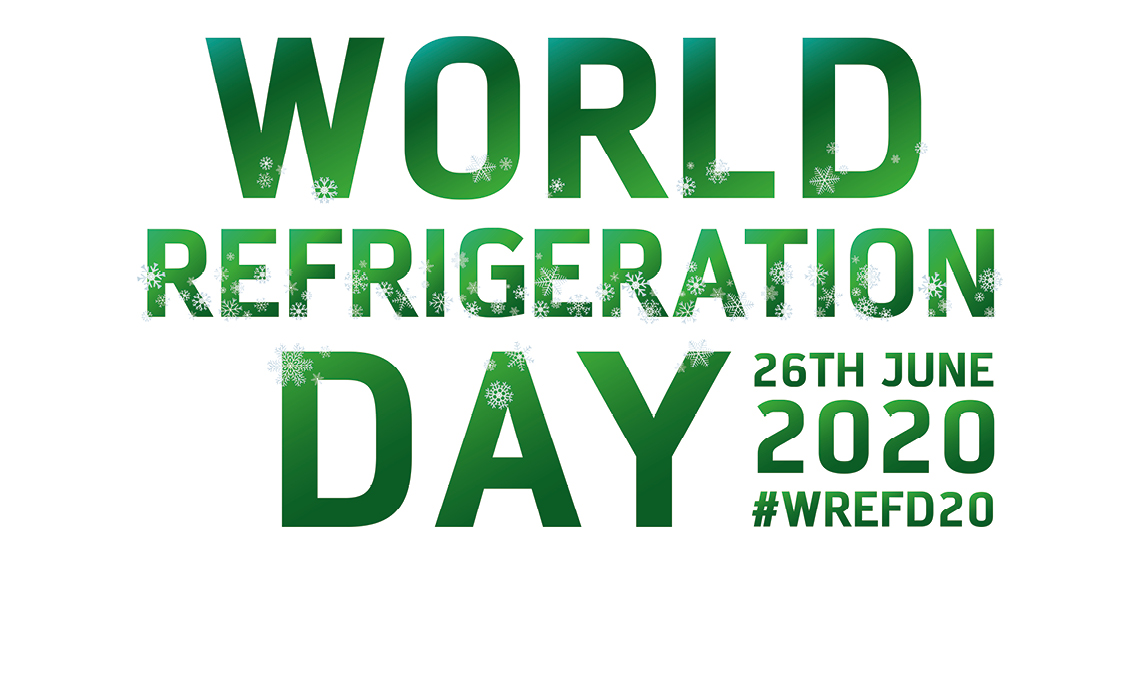It is also worth taking a look at the BITZER multimedia report on Word Refrigeration Day: It shows the system relevance of refrigeration and air conditioning technology for our everyday lives.
Mr Koops, the refrigeration and air conditioning industry celebrated World Refrigeration Day on 26 June. What is this?
Patrick Koops: The World Refrigeration Day was introduced in 2019 to remind us all of the importance of refrigeration and air conditioning in our everyday lives. As a specialist for refrigeration and air conditioning technology and a global player in the industry, there is no question for BITZER that we support this day. Especially now.
What do you mean by “especially now”?
Patrick Koops: Well, in times of the corona pandemic, people often talk about the systemic relevance of day-care centres and schools – and that’s absolutely right. But in everyday life, refrigeration technology is just as relevant to the system. Without it, there would be no modern medicine, because temperature-sensitive vaccines and medicines could neither be developed nor stored. The same applies to blood preserves. Today, thanks to reliable and precise refrigeration technology, these can be stored for up to 42 days. Plasma cans can even be kept frozen for years.

But blood preserves are not part of our everyday life.
Patrick Koops: That is right, fortunately. However, data centers and especially supermarkets do. In both, state-of-the-art refrigeration systems ensure that servers are cooled and goods are stored fresh. Just think of the supermarket around the corner. There are refrigerated counters with dairy products and freezers that stock everything from pizza to vegetables. This is a real challenge, because the goods have to be delivered refrigerated beforehand. Anyone who wants to bring home frozen products at the height of summer will realise what this means.
Let us go back to that day. Why was 26 June chosen as World Refrigeration Day?
Patrick Koops: 26 June is, in my opinion, perfectly timed. It is the birthday of Lord Kelvin, the British physicist who made important considerations in thermodynamics some 170 years ago. He also introduced the absolute temperature scale. The underlying unit was later called Kelvin in his honour.


